2 August 2020
Ismael Cortés
Member of the Spanish Parliament and Roma Activist
Statement on the occasion of the European Holocaust Memorial Day for Sinti and Roma 2020
#RomaRemember: Joint International Campaign for Roma and Sinti Holocaust Remembrance 2020
On 2 August 1944, over 4,000 Sinti and Roma were murdered at Auschwitz-Birkenau. During the night they were taken from their barracks to the gas chamber by SS guards. Months earlier they have been successfully resisting for their lives.
We don’t forget the bravery of these Sinti and Roma. We remember them, and the more than 500,000 Roma people who were murdered during World War II.
Yet even today, the Roma Holocaust is still largely untold and unknown. Many governments do not officially recognise 2nd of August as the official Roma Holocaust Memorial Day. Today, we call on governments around the world to officially recognize 2nd of August and to commemorate it as the International Roma Holocaust Memorial Day.
Most countries have no dedicated monuments to Romani Holocaust victims. There are few museums, research centres; and sites of the Roma Holocaust remain largely unpreserved. Today, we call on governments around the world to build, honor and preserve monuments and memorial sites dedicated to the Roma victims of the Holocaust.
The lack of recognition of the Roma Holocaust reflects the long-standing discrimination against Roma people. The same mechanisms which led to the extermination of [our ancestors] are still present in the society today. Our people are still subject to hate speech, violence, police brutality, evictions, segregation and wide-spread discrimination. Antigypsyism remains a widely-accepted form of racism. With the growing radicalization and spread of far-right movements, antigypsyism has intensified. Today, we call on governments to officially acknowledge and fight antigypsyism as a specific form of racism targeting Roma communities.
Our history is part of European history, and it deserves to be told. We have contributed to the development of European societies, economies, cultures and values. Our ancestors fought side by side with other soldiers in defense of our nations. We continue to contribute to the economic, social and cultural life of our countries. Yet, our history and culture are absent from educational curricula as if it never existed. Today, we call on governments to fully include Roma history and culture into the educational curricula and textbooks, and to invest into museums, research centres and other institutions dedicated to Roma Holocaust, Roma history and Roma culture.
It is high time that we are not alone in remembering the Roma Holocaust. Join us today to spread this message and to jointly commemorate the Holocaust Memorial Day for Sinti and Roma!
Statements
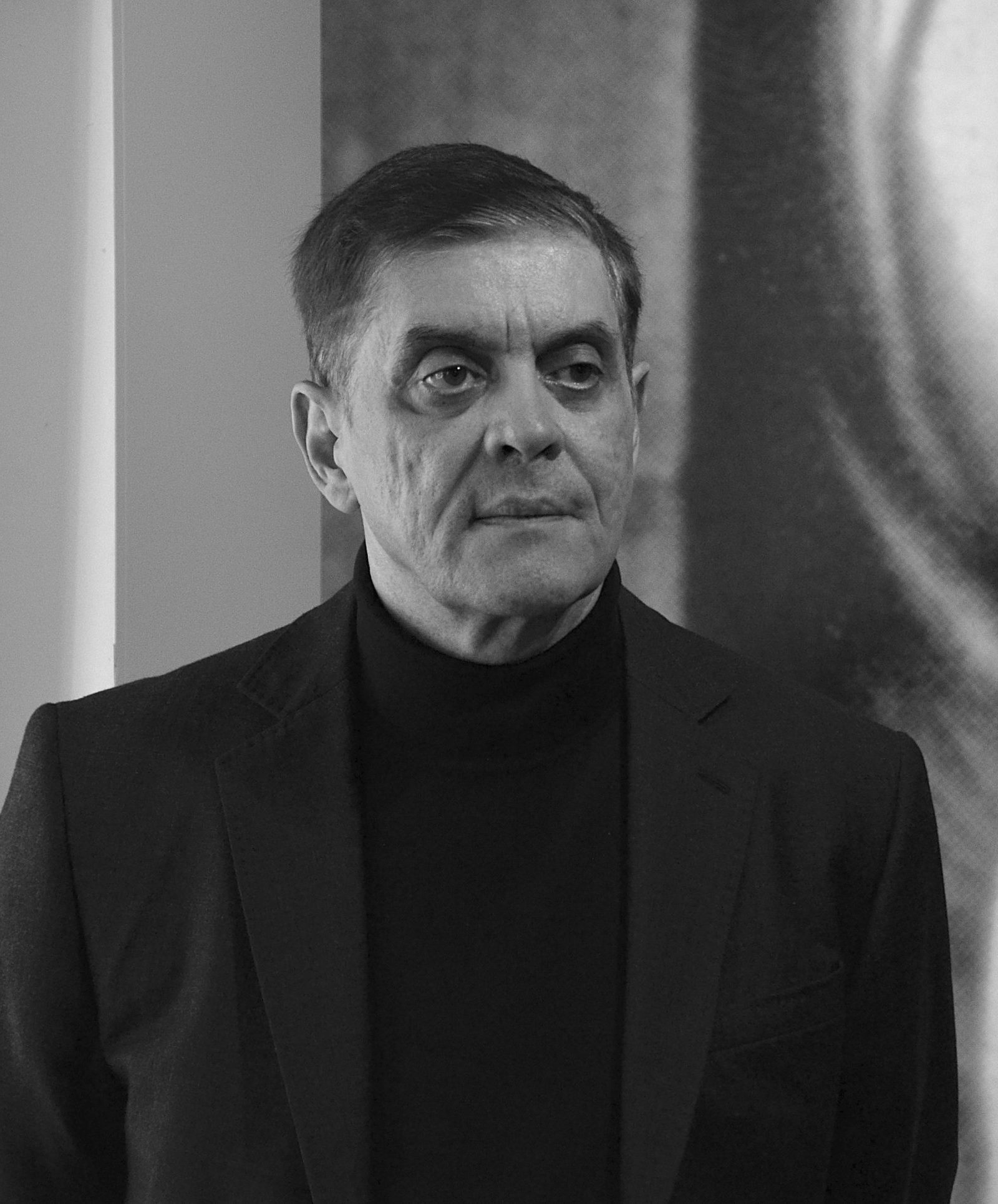
Romani Rose
Chairman of the Central Council of German Sinti and Roma

Katarina Barley
Vice President of the European Parliament

Helena Dalli
European Commissioner for Equality
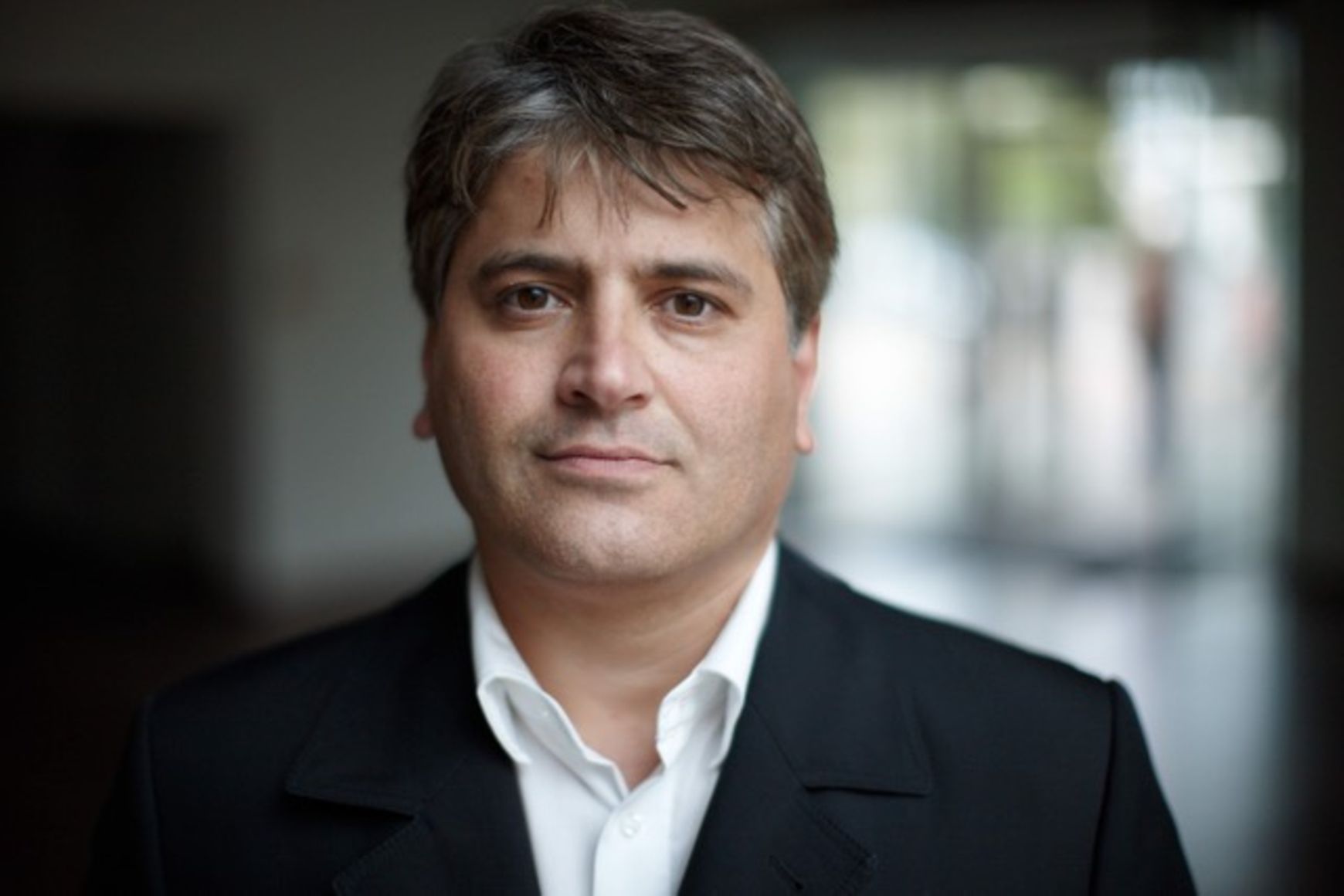
Mehmet Daimagüler
Dr. Mehmet Daimagüler, Antigypsyism Commissioner of the Federal Government

Roberta Metsola
Roberta Metsola, President of the European Parliament

Claudia Roth
Vice President of the German Bundestag
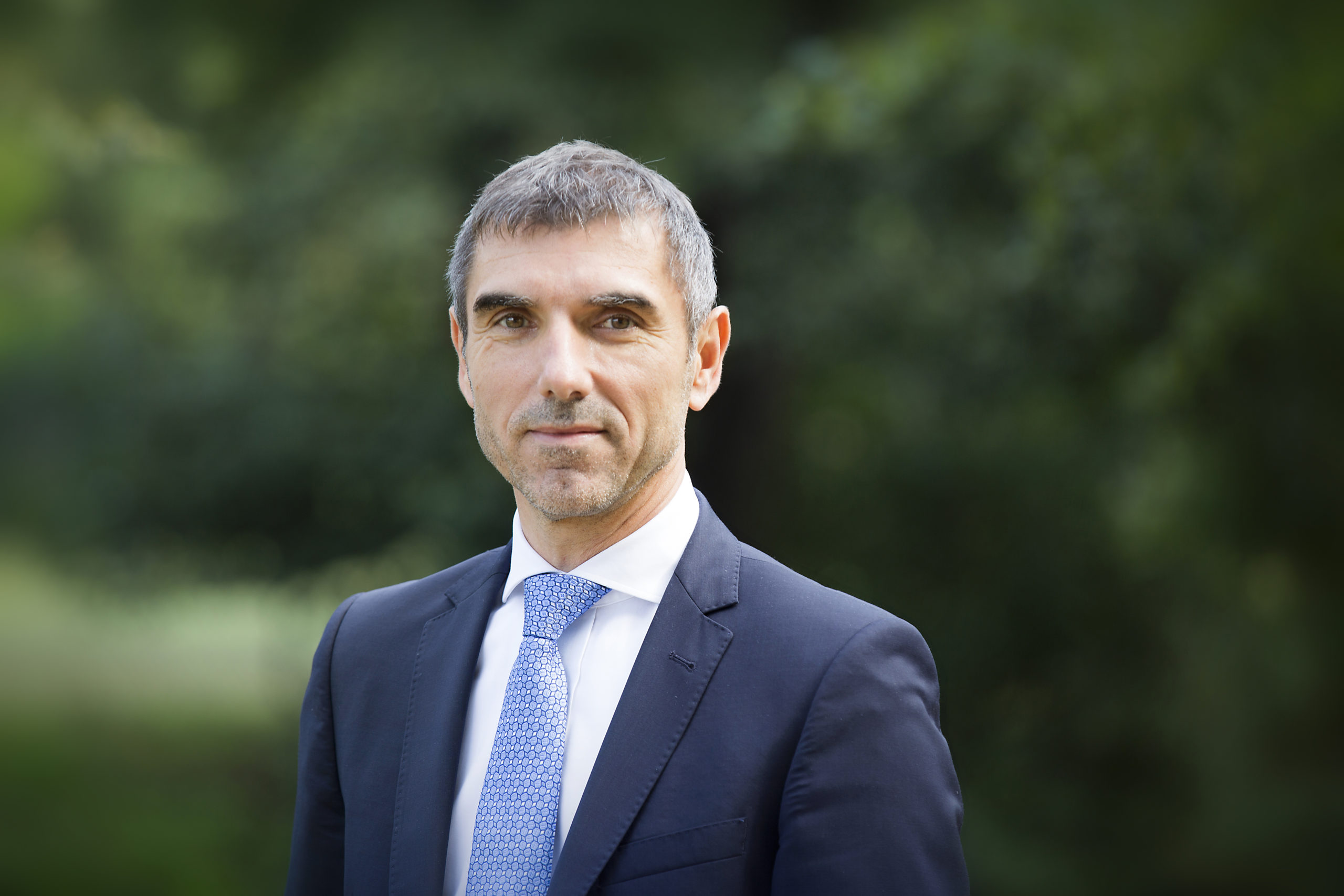
Paul Blokhuis
Dutch State Secretary Paul Blokhuis
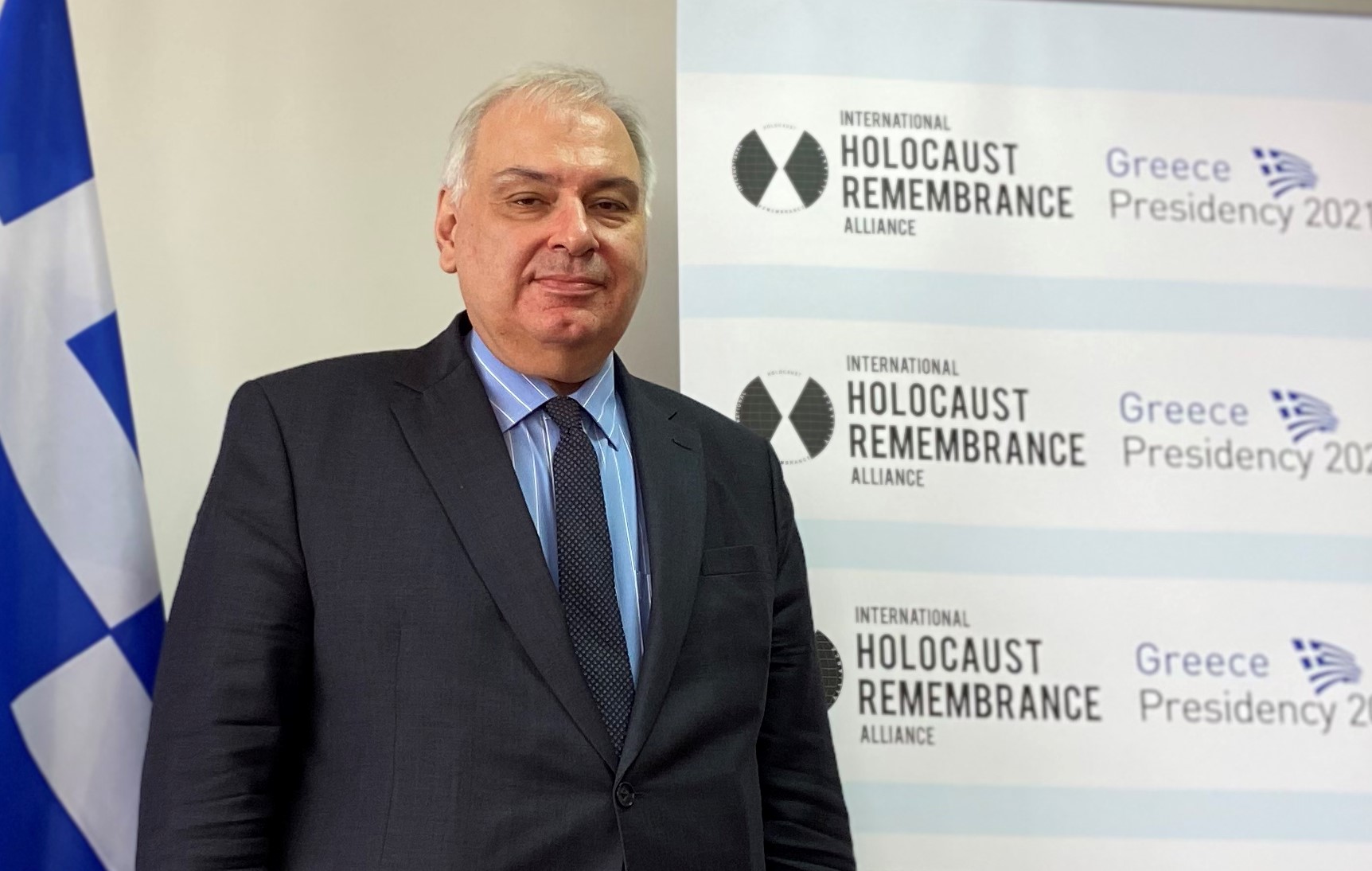
Chris J. Lazaris
Amb. Chris J. Lazaris, IHRA Chairman
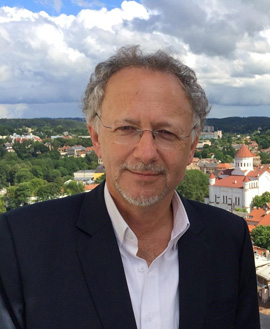
Fernand des Varennes
UN Special Rapporteur UN minorities
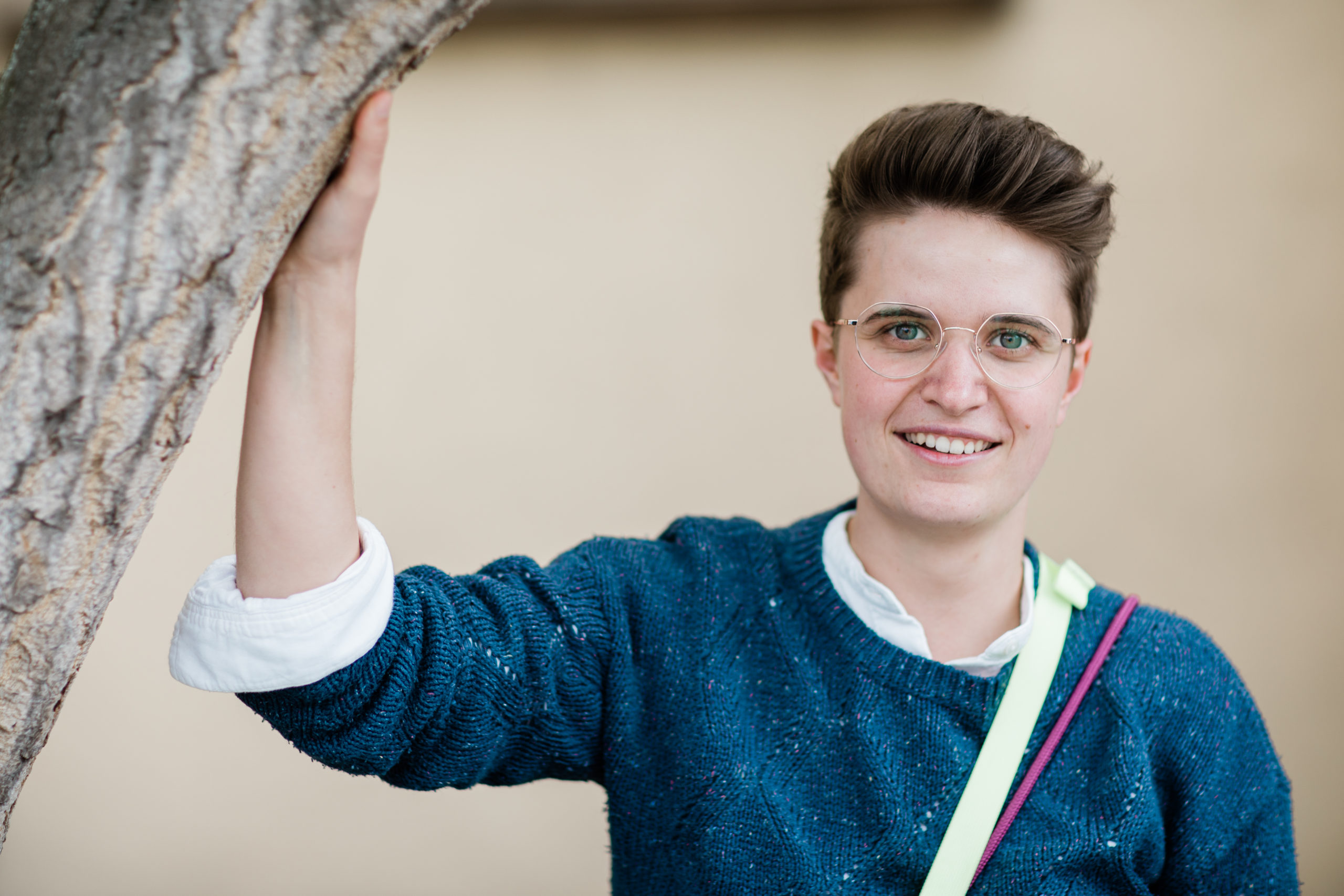
Anna-Nicole Heinrich
President of the Synod of the Evangelical Church in Germany (EKD)

Justin Trudeau
Prime Minister of Canada
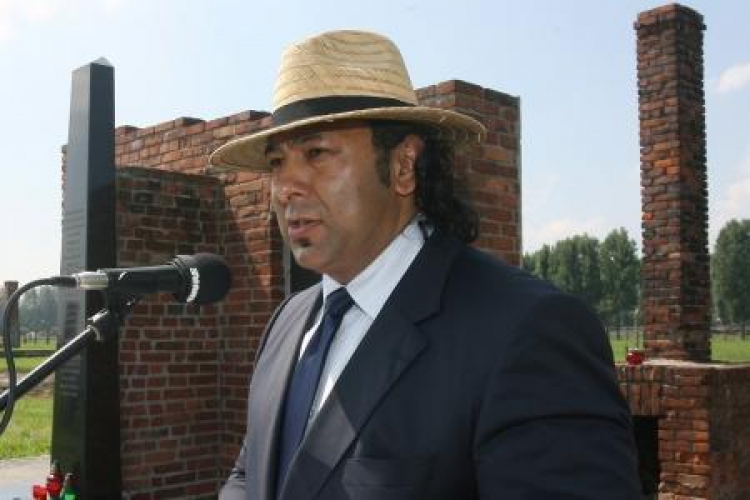
Roman Kwiatkowski
Chairman of the Association of Roma in Poland
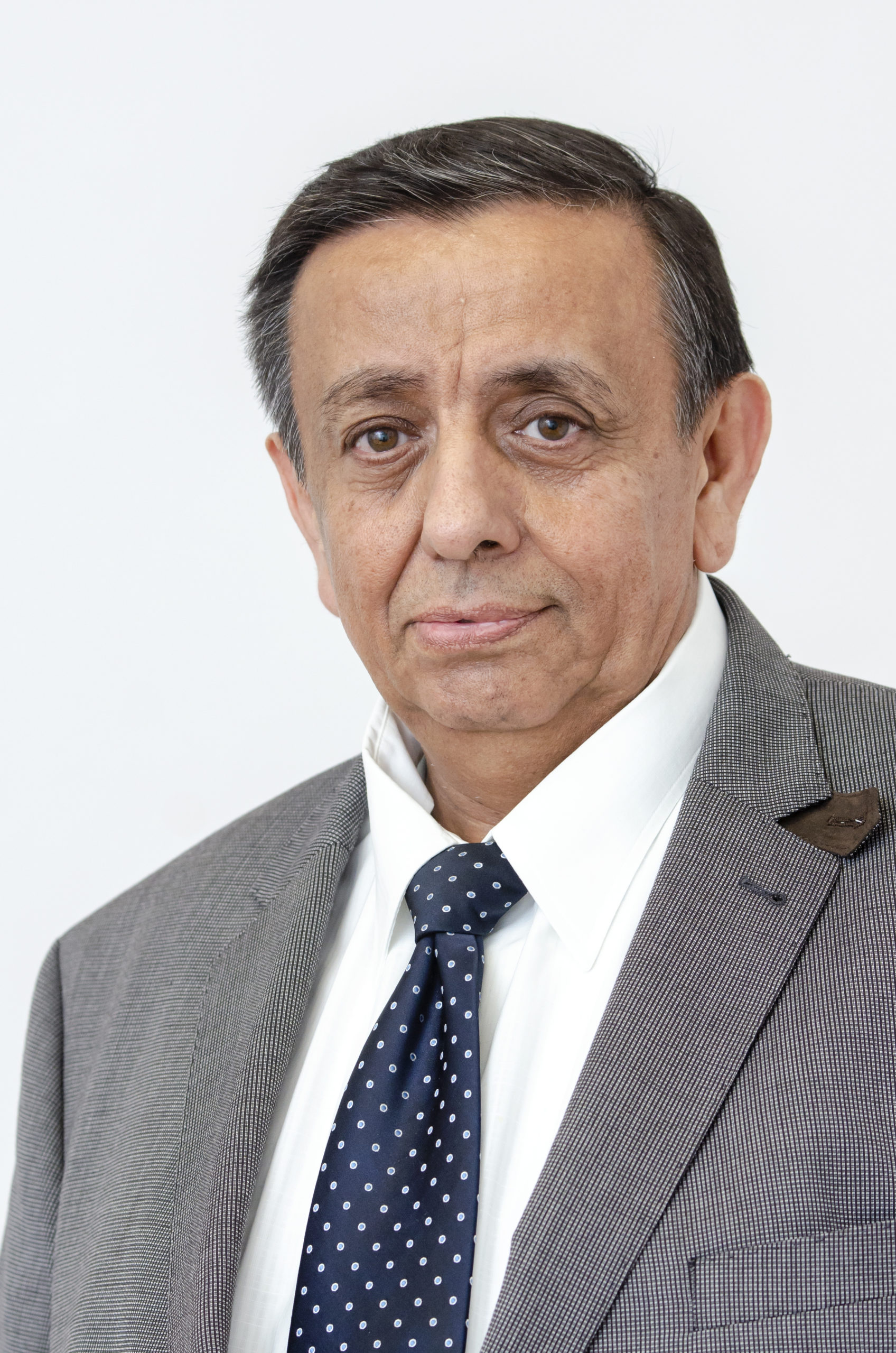
Erich Schneeberger
Deputy Chairman of the Documentation and Cultural Center of German Sinti and Roma and Chairman of the Association of German Sinti and Roma

Timea Junghaus
Executive Director
European Roma Institute for Arts and Culture (ERIAC)
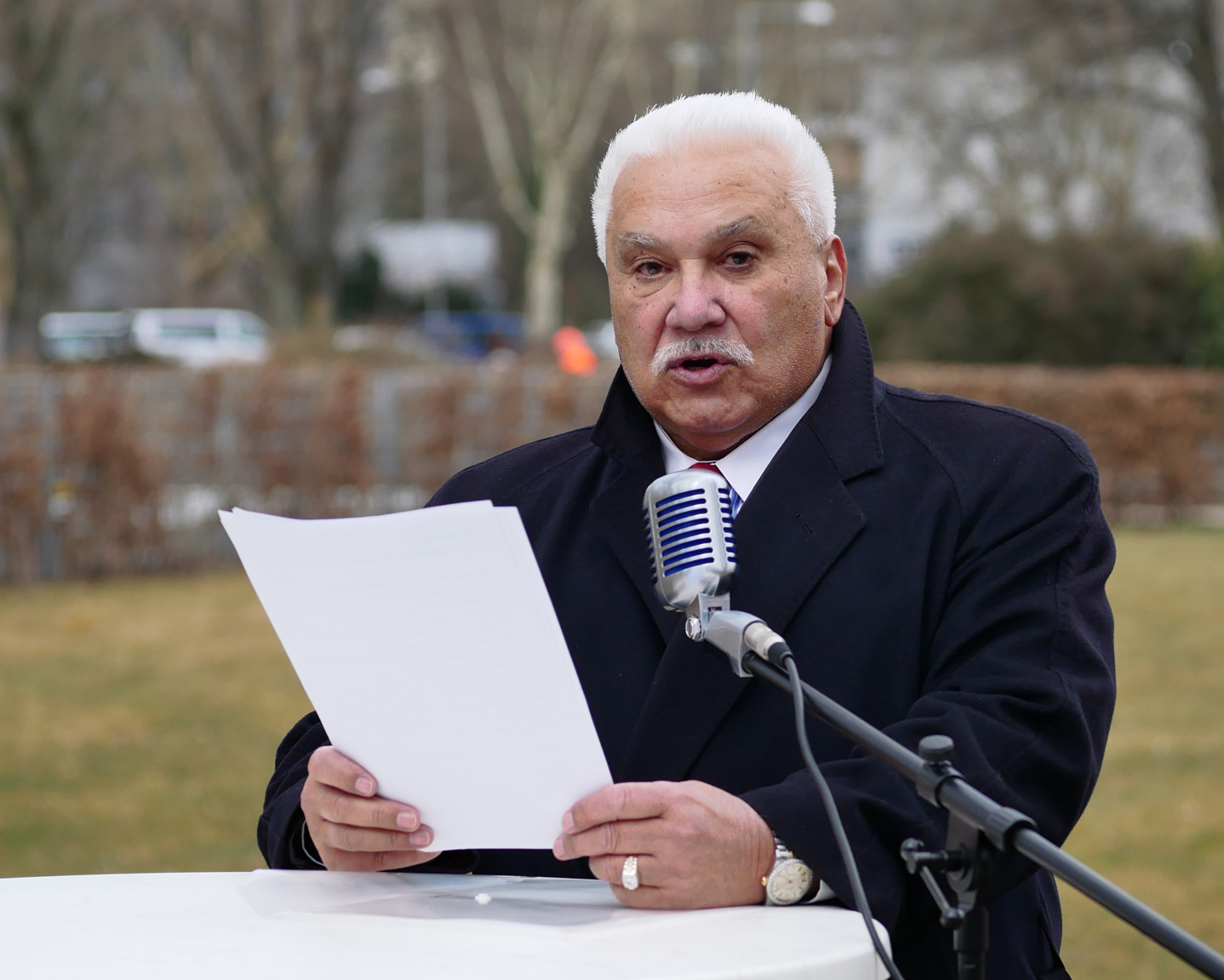
Adam Strauß
Chairman of the Council of German Sinti and Roma in Hesse
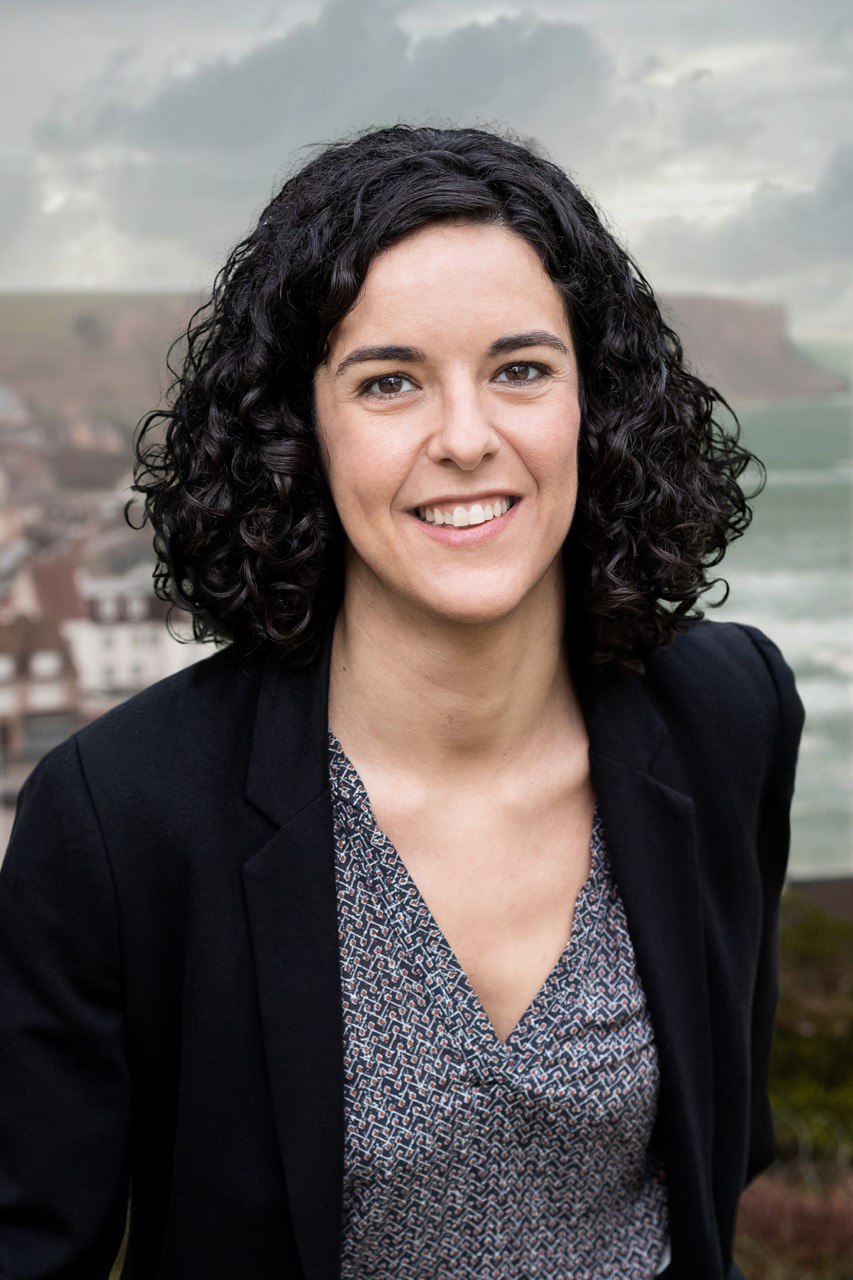
Manon Aubry
Manon Aubry, MEP
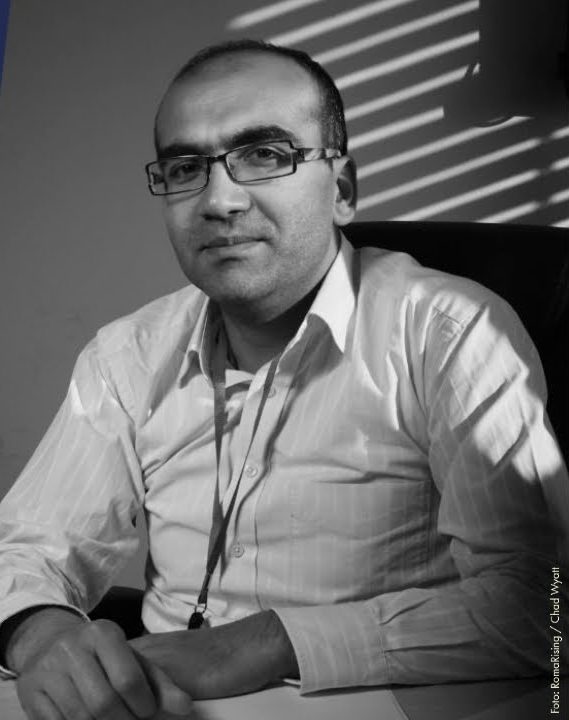
Adrian-Nicolae Furtuna
Historian at the University of Bucharest
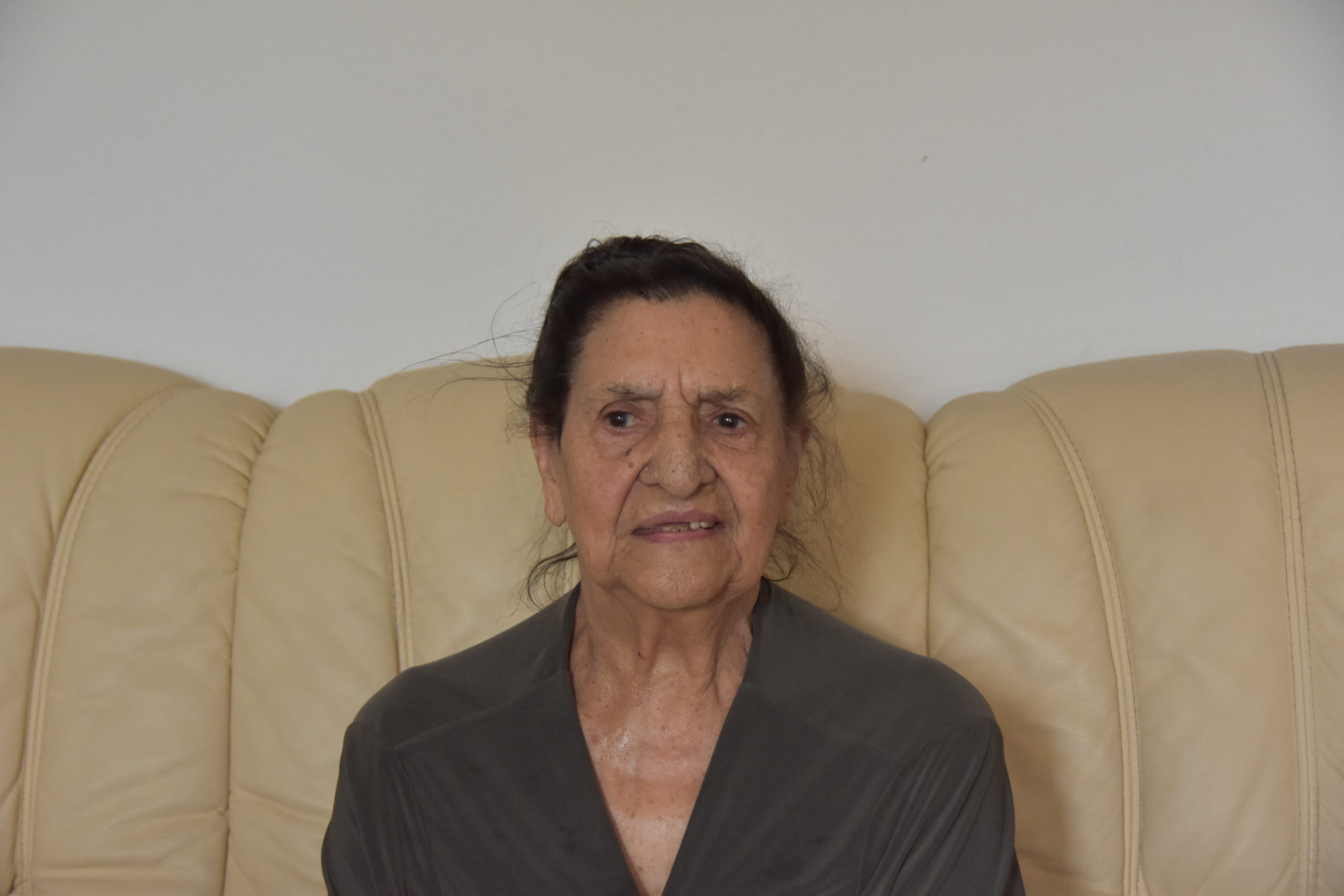
Philomena Franz
Holocaust Survivor

Angelina Kappler
German former Weinkönigin
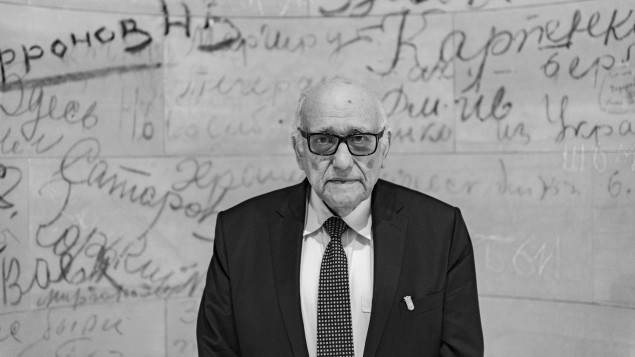
Marian Kalwary
Chairman of the Association of Jews,
Survivors and Victims of the Second World War










